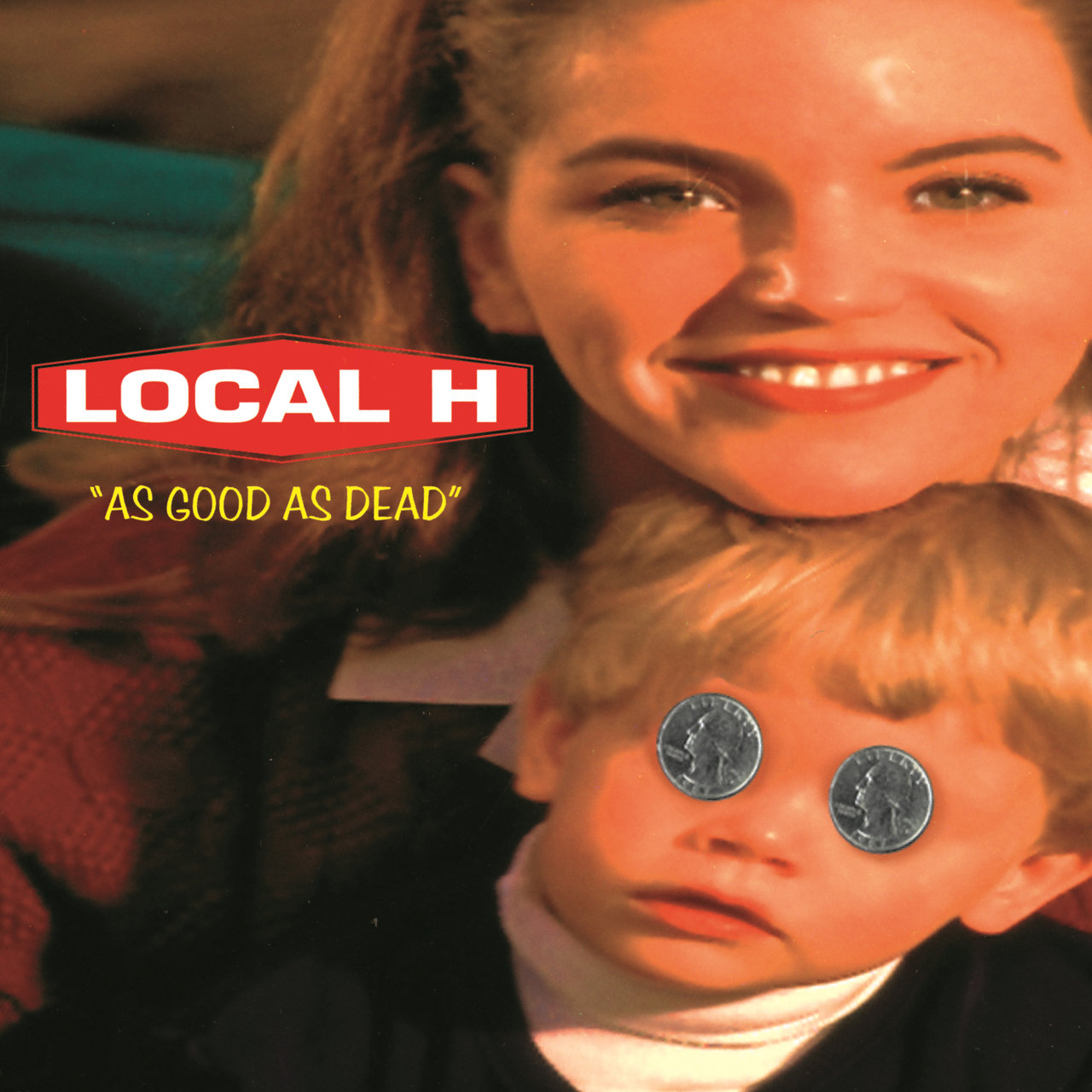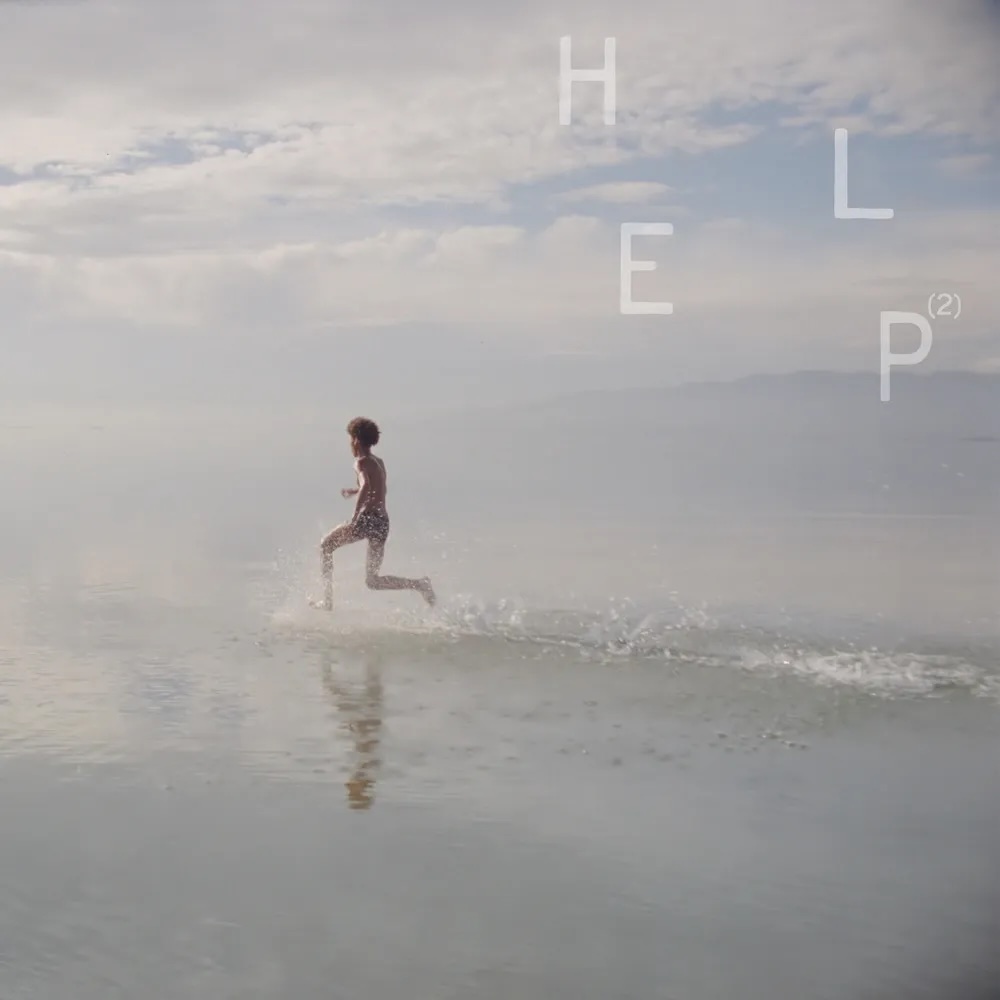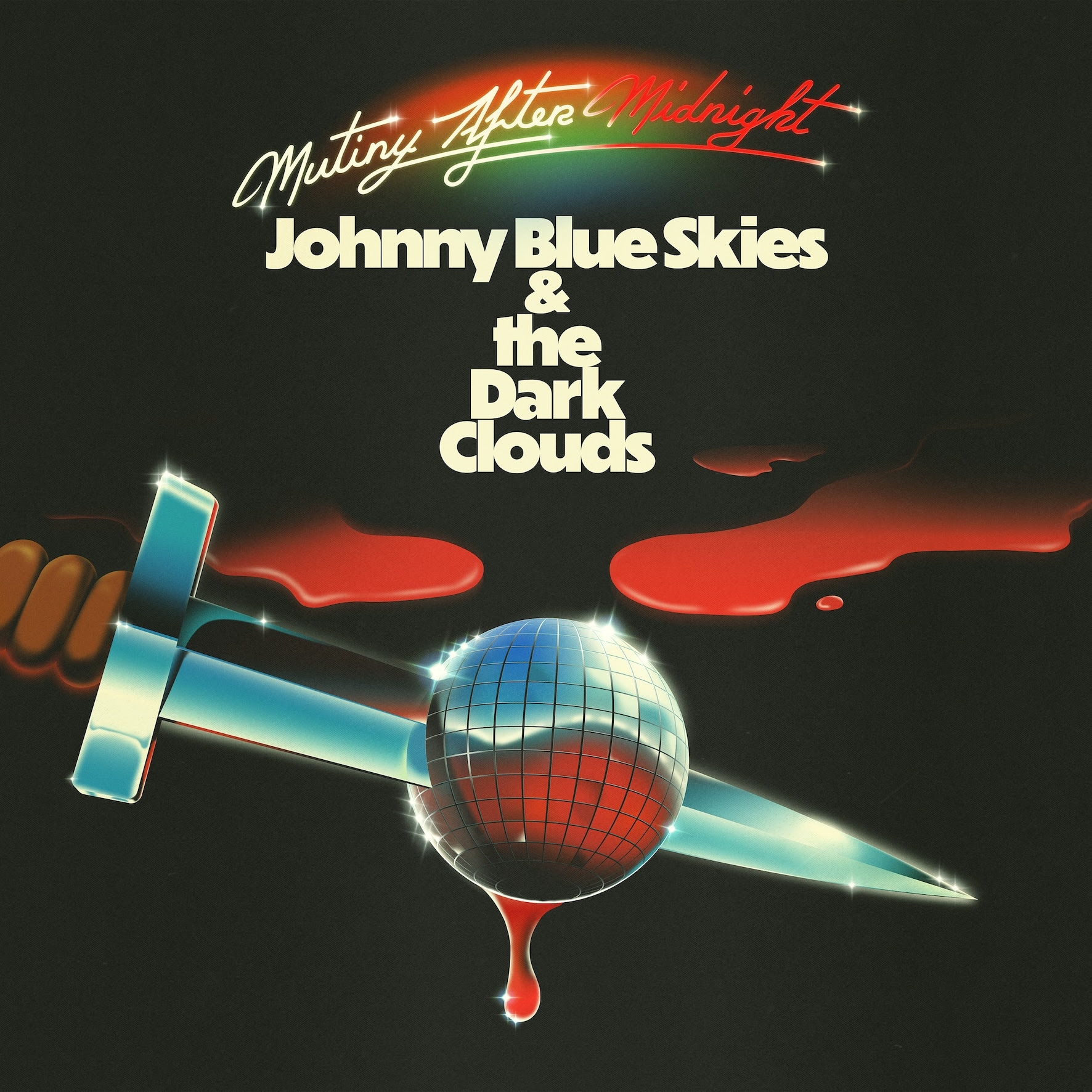There's very little this divided nation can agree on anymore. The falcon and the falconer haven't been on speaking terms in quite some time. (I, presently, at this moment, have no idea if it is currently required to be really into Future or if liking Future is now Problematic.) But, if nothing else, we can all agree on at least two things: The worst genre of rock music of the past 25 years was rap-metal, and the second worst was the flood of imitation corporate grunge bands that sprung up to the fill void left by Kurt Cobain's death and Pearl Jam's retreat from the spotlight.
The great former Spin editor Charles Aaron used to call them "scrunge." Mouse Rat called them a formative influence. Back then, I called them something I had to sit through while waiting for my alt-station to play something by Rancid.
You know the dudes (and they were always, without exceptions, dudes in every possible sense) I'm talking about: Bush, Live, Silverchair, Collective Soul, Seven Mary Three, Sponge, and, eventually, Creed. I could go on, but I'm sure you get the point. (As Chris DeVille and I have explained at length, Stone Temple Pilots do not deserve to be lumped in with this subgenre.) Now, a few of these guys were able to stumble upon a serviceable hook, but at best these groups were anonymous hacks responding to market demand, and at worst they made one doubt whether the world-beating success of Cobain, Vedder, and the rest of the new breed of smarter and more ethical rock stars had truly changed anything at all.
But here's the thing. A great songwriter can come from anywhere, and you can't choose the bands you get lumped in with when you're on the rise. (Just ask Chino Moreno.) While this wave of bands was dire -- and should always be brought up whenever we start getting too nostalgic about the '90s -- it did give us one of the best rock acts to come out of that decade, Local H. This Midwestern power duo would go on to completely rid themselves of any scrunginess, outlast the rest of the pretenders, and create a body of work that compares favorably to grunge's original Fantastic Four (Nirvana, Pearl Jam, Soundgarden, and Alice In Chains) as well as any other working rock band out there. (Real talk: They've officially been better than Weezer since 2002.) But while it took a little while for songwriter, singer, and guitarist Scott Lucas to fully get his bearings, Local H got off to a strong start with their second album, As Good As Dead, which turns 20 tomorrow.
Lucas is a legend, if for no other reason than the fact that he once wrote the lyric "I'm in love with rock 'n' roll/ but that will change eventually." That line is actually from Pack Up The Cats, the album that would come two years after As Good As Dead. It's secretly one of the last great rock albums of the '90s and the perfect coda to the alt-rock boom, but we'll talk about it some other time. On As Good As Dead, though, Lucas was holding tight to his rock 'n' roll dreams, because to hear him tell it, he didn't have much else. Lucas and then-drummer Joe Daniels hailed from the tiny Illinois town Zion, famously for being the home of... not much of anything. ("It's got a nice nuclear power plant," Lucas once quipped to Spin.)
In its own steadfastly unpretentious, meat-and-potatoes way, As Good As Dead is a concept album about being stuck in a shitty small town where everyone wastes away the day getting wasted ("Fritz's Corner"), talking about the old days ("Back In The Day") and, on the album's biggest hit, feeling sorry for themselves ("Bound For The Floor"), a slice of Alternative Nation bubblegum (if you're of a certain age, that nagging, dink-dink-dink riff is already in your head) that helped the album go gold. (It's a bit of a shame this is their most well-known song. They have much better ones. But a hit is a hit in this business.) On the album's second best song, "High-Fiving MF," Lucas goes in hard on the alpha male types that go to his shows to beat people up and, we could presume, probably made his life hell in high school. (Second-best Line: "Your glory days are over/ and so are your stone-washed jeans." Best Line: "You've got no taste in music/ and you really love our band.") Now, listening to this song in these more... enlightened times, I must concede that lyrics where he calls one of these cretins a "crass fat-ass" are body-shaming and problematic at best, and the part where he slams the "monster trucks" of his foes would have gotten the then-MTV star quite the talking-to about class issues if Twitter had been around. But Lucas can be forgiven, because the salvo at the end where he and Daniels throw everything against the wall while he screams "you!" is downright apocalyptic, and if you can't attack alpha male idiots on your feedback punk song, then why even form a band?
The only way out, Lucas tells us, is through rock, man. The problem is, our hero isn't sure he's up to the task. And with a level of honesty that's rare in any genre, Lucas owns up to his doubts in explicit detail, even as he's determined to try anyway. Or in his words: "I know I'm nothing special/ I know I'm nothing great... but I just don't feel the same." Over time, he would hone his talent for telling narratives with lived-in details that examined the lives of people a bit too sensitive to feel comfortable in this stupid world. (He once wrote a song about getting dumped that devolved into a hilariously specific list of which albums he was allowed to claim after the breakup.) On the best song here, he straight-up asks us if he'd like him better if he was Eddie Vedder. Sure, he tries to pass off "Eddie Vedder" as a metaphor for not feeling like you're good enough for a lady that's Not Into You That Way, but we're all friends here, Lucas. A rock star is supposed to demand that we love them, not openly wonder if they can capture our hearts. His cutting to the chase feels both brave and disarming. He's openly asking to get dismissed, even as the "you go ahead/ as good as dead" chorus chant was much more ingratiating than anything Pearl Jam was offering in 1996.
Lucas is too honest a guy to pretend Nirvana wasn't a formative influence. (He does a mean cover of "Breed.") But that's okay. Everyone has influences. What made Local H a cut above was, unlike those bands mentioned earlier, Lucas realized what made Nirvana work, and knew that Cobain loved pop, noise, classic rock, and punk in equal measure. He also knew that Nirvana wrote songs about real feelings and specific, recognizable situations, not angst mad libs. (Seriously, what was Gavin Rossdale even going on about on Razorblade Suitcase?) They also wrote hooks. A classic-rock head and Misfits fiend, Lucas was liberated by Cobain's insistence that you can love Cheap Trick and the Jesus Lizard, and that noisy, cathartic alt-rock was as fine a vessel for sociological character examinations.
Though Local H have a solid critical rep, as a fan I worry that in the public's eye, they've never shaken off the reputation as grunge also-rans, and that's a damn shame. They deserve better.
But chalk it up dumb luck and the slow death of the music industry. Though Pack Up The Cats was produced by classic rock god Roy Thomas Baker, and rightly raved-about, their label, Island, went through a merger shortly after it was released, and Daniels quit, no small setback for a two-piece. The follow-up, the stoner metal-ish, Here Comes The Zoo was supposed to be the comeback, but their label, the boutique major Palm Pictures, was not long for this world. This one-two punch would make anybody bitter, but Lucas just keeps working, releasing smart, tuneful hard-rock albums on whatever indies will have him, and touring relentlessly. He's pushed himself creatively (2012's double album Hallelujah! I'm A Bum was a nuanced set of political songs helmed by the great contemporary metal producer Sanford Parker) hasn't turned himself off to new sounds (he's cut great covers of songs by Lorde, the National and TV On The Radio), and even made an alt-country album without embarrassing himself. Even after he lost another drummer and was mugged and stranded in Moscow, an attack that damaged his vocal chords, he rebounded and made last year's extremely fun and solid Hey Killer. (Seriously, you need a song called "Mansplainer" in your life.)
While I might worry about how his band is perceived, Lucas doesn't. That's not his problem. He just puts his head down and does the damn work because it turns out that he still needs this stuff. There's an honor in that. We should all be so lucky as to get to love anything that hard.
[videoembed size="full_width" alignment="center"][/videoembed]
[videoembed size="full_width" alignment="center"][/videoembed]
[videoembed size="full_width" alignment="center"][/videoembed]






